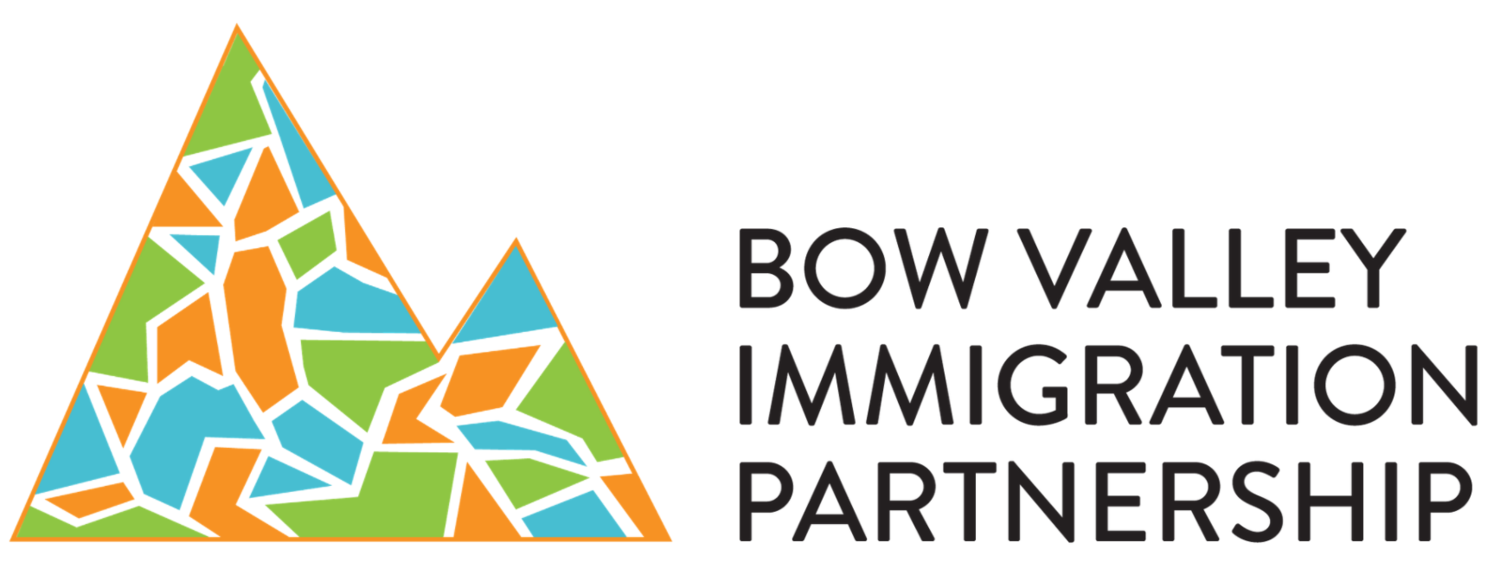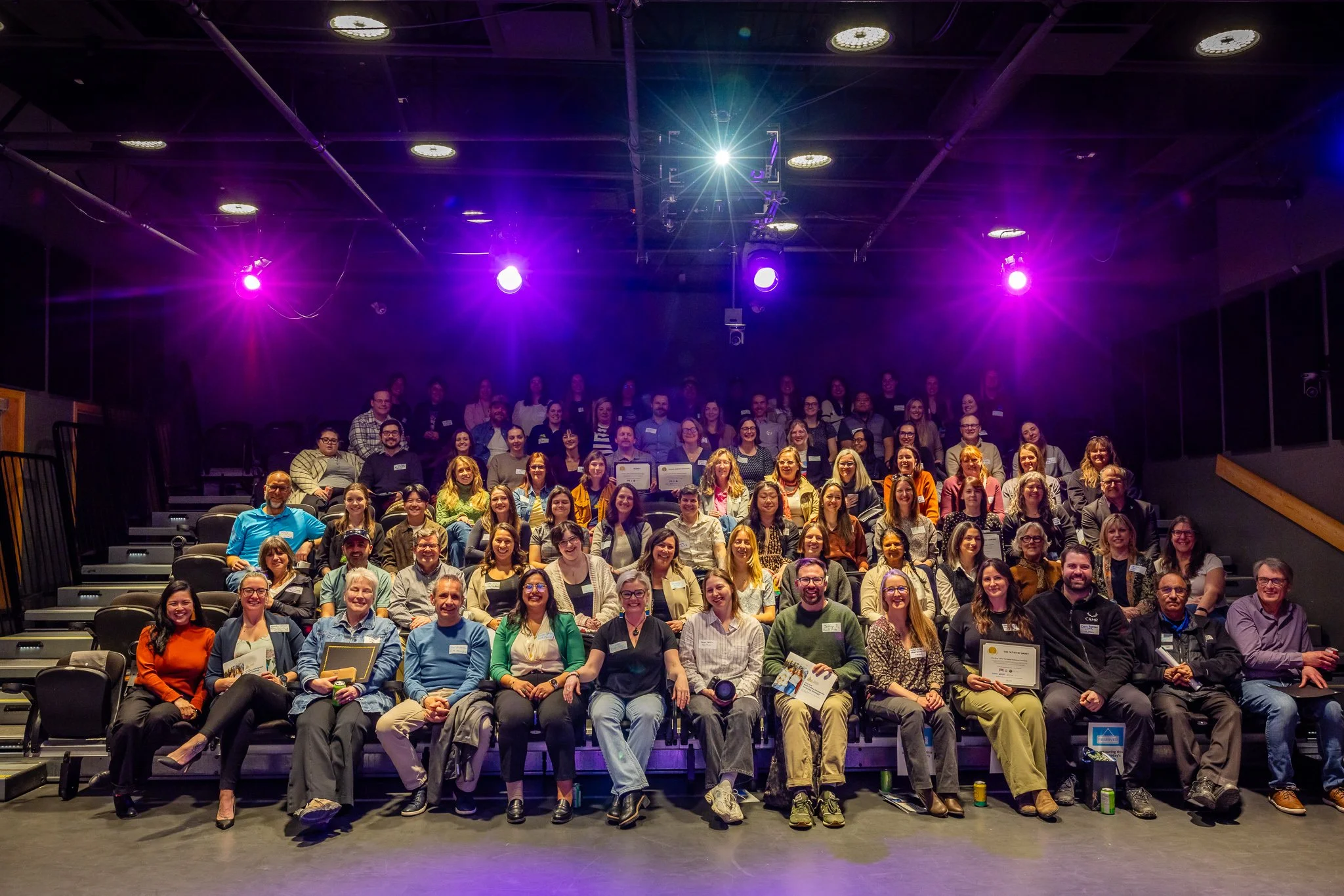Principles For ‘Brave Spaces’
How can we facilitate spaces where participants feel comfortable learning, sharing, and growing?
What Is A ‘Brave Space’?
A brave space is a supportive place where participants feel comfortable learning, sharing honestly and equally, and growing individually and together.
A brave space is inclusive of all races, sexes, genders, abilities, immigration statuses, languages, and lived experiences.
Brave spaces can help encourage dialogue, especially about challenging topics like anti-racism.
While “psychological safety” and “safe spaces” are trending terms, many people will equate these with comfort. In a psychologically safe place, participants already have the capacity to interact openly and without the fear of judgment or punishment.
But conversations surrounding diversity, equity, and inclusion are not always comfortable, nor should they be if we are truly challenging ourselves to grow in our worldviews.
(Source: 4 Steps to Creating a Brave DEI Space in the Workplace by Mark Maron, 2021 / Dale Carnegie)
Principles To Facilitate Brave Spaces In The Bow Valley
These principles can help guide the context for a space that participants are entering into, for example, the Bow Valley Anti-Racism Community of Practice.
Bow Valley Immigration Partnership (BVIP) has adapted the below principles from the Calgary Foundation, with gratitude, to facilitate brave spaces locally. We’ve also created these principles based on local feedback.
These principles help centre the wellbeing of ourselves and those around us when learning (and unlearning) about challenging topics.
We are present in the room and with each other (virtual or in-person).
We are open to new ideas, ways of thinking, and feedback.
We listen deeply and seek new knowledges and understanding
We are curious and hold a willingness to have our minds changed.
We bring awareness to our biases, assumptions, and judgements.
We hold a space of trust and confidentiality.
We focus on possibility and see obstacles as opportunities for learning.
We acknowledge and appreciate each others’ gifts, strengths, and contributions.
We hold brave space for courageous conversations.
We challenge ideas, not people.
We allow discomfort to lead our growth.
We take accountability for our own learning (Knowledge Mobilization vs. Knowledge Extraction)
We create space for multiple truths.
People have different experiences of how things happen. This doesn’t mean there is a right or wrong answer. Instead of ‘this or that’, we’ll try ‘this and that’
Speak your truth, and seek understanding of other truths that may differ from your experiences
We acknowledge our special relationship with the environment around us.
We live amongst the sacred mountains of the Bow Valley and acknowledge the deep histories of the lands where we live, work, and play.
How can you contribute to a brave space?
Continued Learning:
Anti-Racism Organizational Change (AROC) - CommunityWise Resource Centre
Anti-Racist Organizational Change: Resources & Tools for Nonprofits - CommunityWise Resource Centre




There have been some recent changes to who can receive Alberta Health Care coverage. This impacts many international workers in the Bow Valley. From January 7, 2026, International Experience Canada (IEC) Participants including Working Holiday and Young Professionals are no longer eligible for Alberta Health Care coverage. There have been changes to the process for Co-Op Work Permit Holders.